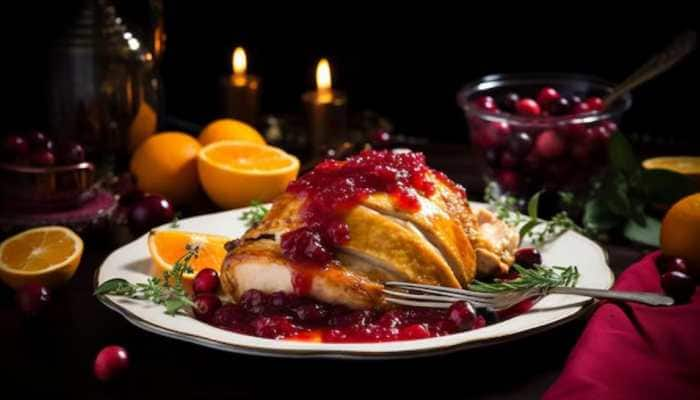Eid-al-Adha 2019: Here's the significance of the 'Festival Of Sacrifice'
As per the Gregorian calendar, Eid-al-Adha dates may vary from year-to-year drifting approximately 11 days earlier each year.
Trending Photos
) Pic Courtesy: Pixabay (Representational Image)
Pic Courtesy: Pixabay (Representational Image) New Delhi: The Muslims across the globe are immersed in the festive fervour of Eid-al-Adha celebrations. The special day is also known as Bakr Eid or 'The Festival Of Sacrifice'. The auspicious day happens to be on August 12 this year.
It is considered to be the second of the two most important Islamic holidays celebrated worldwide each year.
The first one being Eid-al-Fitr, and the second one Eid-al-Adha—it is considered the holier of the two. The festival of Eid-al-Adha falls on the 10th day of Dhu al-Hijjah as per the Islamic lunar calendar.
As per the Gregorian calendar, Eid-al-Adha dates may vary from year-to-year drifting approximately 11 days earlier each year.
SIGNIFICANCE OF EID-AL-ADHA:
Eid-al-Adha festival marks and revers the willingness of Ibrahim (Abraham) to sacrifice his son as an act of obedience to God’s command. According to the Quran, it is said that before Prophet Ibrahim or Abraham could sacrifice his son, God provided a ram to sacrifice instead.
In commemoration of this, Muslims across the world sacrifice a male goat and divide it into three parts: one-third of the share is given to the poor and needy; another third is given to relatives, friends and neighbours; and the remaining third is retained by the family.
The poor and needy are fed the food, thereby providing them with an adequate potion. Sumptuous food items and delicacies are prepared at home and guests are welcomed.
Here's wishing our readers an Eid Mubarak!
Stay informed on all the latest news, real-time breaking news updates, and follow all the important headlines in india news and world News on Zee News.
Live Tv







)
)
)
)
)
)
)
)
)
)
